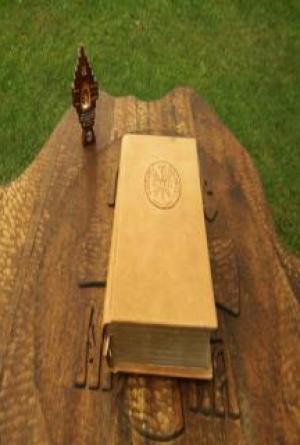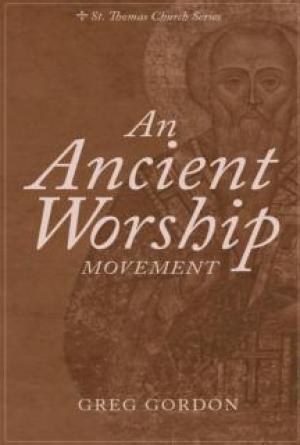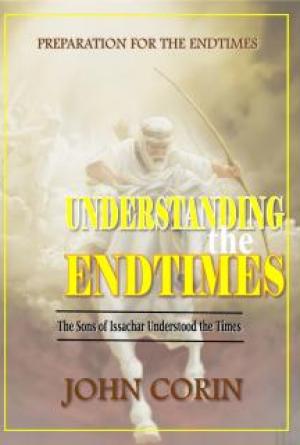FOOTNOTES:
[1] Al-Haqq is the term generally used by Sūfīs when they refer to God.
[2] Compare Plato, Phædrus (Jowett’s translation): “For sight is the keenest of our bodily senses; though not by that is wisdom seen; her loveliness would have been transporting if there had been a visible image of her.”
[3] Cf. Goldziher, “Neuplatonische und gnostische Elemente im Hadīt,” in Zeitschrift für Assyriologie, xxii. 317 ff.
[4] Shaikh Muhammad Iqbal, The Development of Metaphysics in Persia (1908), p. 150.
[5] “The Way” of a Mohammedan Mystic, by W. H. T. Gairdner (Leipzig, 1912), pp. 9 f.
[6] The reader should be reminded that most, if not all, mystical Traditions ascribed to Mohammed were forged and fathered upon him by the Sūfīs, who represent themselves as the true interpreters of his esoteric teaching.
[7] E. H. Whinfield, abridged translation of the Masnavī, p. 182.
[8] I am now engaged in preparing an edition of the Arabic text, together with an English translation and commentary.
[9] According to some mystics, the gnosis of unity constitutes a higher stage which is called ‘the Truth’ (haqīqat). See above, p. 29.
[10] Cupbearer.
[11] By erasing all the sensuous impressions which form a veil between the soul and the world of reality.
[12] Kor. 18. 17.
[13] Kor. 10. 63.
[14] Waliyyat, if the saint is a woman.
[15] D. B. Macdonald, The Religious Life and Attitude in Islam, p. 164.
[16] Author of a famous work designed to close the breach between Sūfism and Islam. He died in 1074 A.D.
[17] One of the spirits called collectively Jinn.
[18] The qibla is the point to which Moslems turn their faces when praying, i.e. the Kaʿba.
[19] J. P. Brown, The Dervishes, or Oriental Spiritualism (1868), p. 298.
[[20] The Masnavī of Jalāluddīn Rūmī. Abridged translation by E. H. Whinfield, p. 326.
[21] Kitāb al-Tawāsīn (Paris, 1913). See especially pp. 129-141.
[22] Massignon appears to be right in identifying the Divine Spirit with the Active Reason (intellectus agens), which, according to Alexander of Aphrodisias, is not a part or faculty of our soul, but comes to us from without. See Inge, Christian Mysticism, pp. 360, 361. The doctrine of Hallāj may be compared with that of Tauler, Ruysbroeck, and others concerning the birth of God in the soul.
23] Hallāj is often called Mansūr, which is properly the name of his father.
[24] Hulūl was not understood in this sense by Hallāj (Massignon, op. cit., p. 199), though the verses quoted on p. 151 readily suggest such an interpretation. Hallāj, I think, would have agreed with Eckhart (who said, “The word I am none can truly speak but God alone”) that the personality in which the Eternal is immanent has itself a part in eternity (Inge, Christian Mysticism, p. 149, note).
[25] See pp. 79 ff.
[26] Massignon, op. cit., p. 183.
[27] See pp. 60, 61.
[28] Ruysbroeck, quoted in E. Underhill’s Introduction to Mysticism, p. 522.
[29] See p. 155 above.
[30] See p. 123.
[31] I.e. before the time of Mohammed, who is the Seal of the Prophets.







